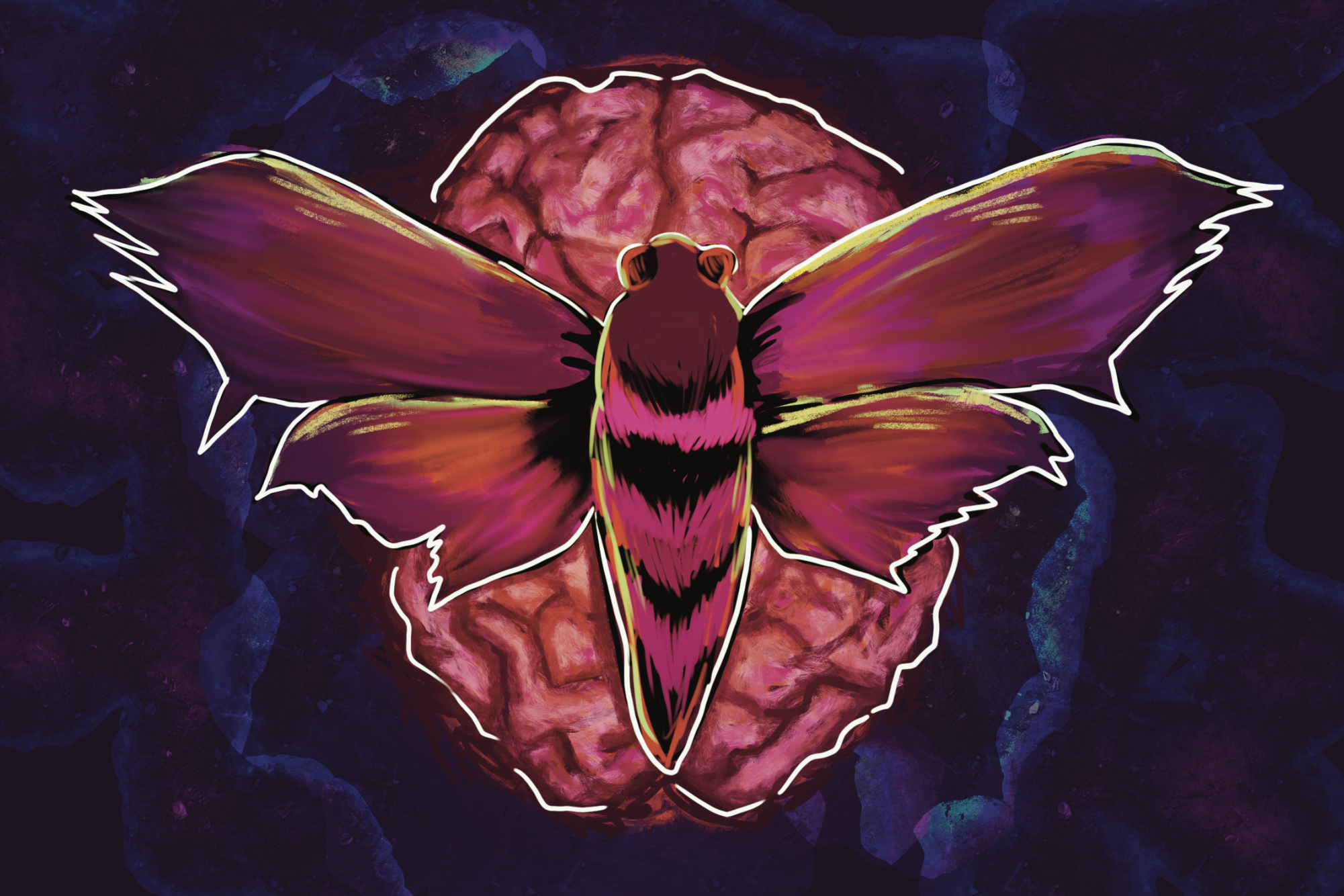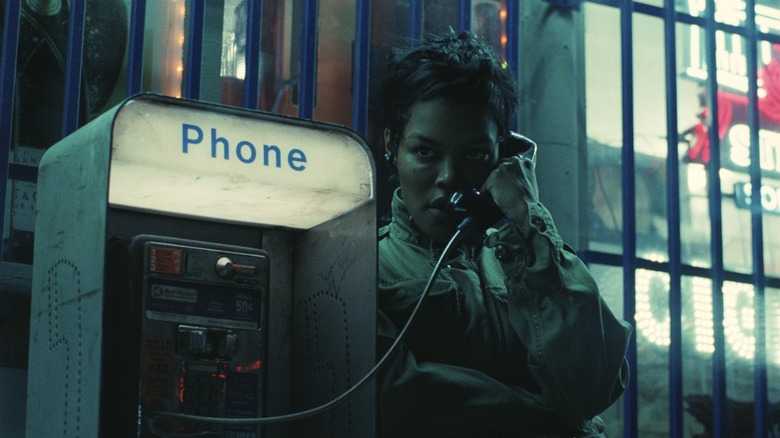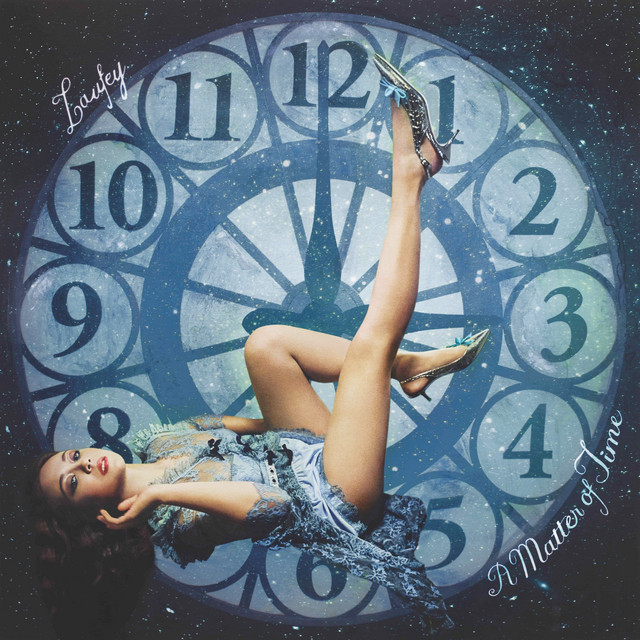When people approach speculative fiction, they tell themselves that, at the end of the day, all fantastical stories will end up resonating with real life. They dig for familiar patterns and meanings but neglect to enjoy the story on the surface. While speculative fiction can speak in analogies and metaphors, authors of new weird fiction challenge these expectations by combining elements of different genres and imbuing their creations with such life force that works to subvert “meaning-mining.”
With the release of his second novel in 2000, “Perdido Street Station,” British author and socialist China Mieville ushered in a modern revival of the weird fiction genre, which originates from authors like Poe, Lovecraft, and Machen. It shook the literary world, racking in major awards and praise from literary and genre writers alike. From this book alone, I’ve concluded that it’s not his handy thesaurus nor his worldbuilding nor his socialist lens that makes Mieville special. Rather, I admire his refusal to sacrifice the weird and fantastic as he explores his intellectual and aesthetic interests through storytelling.
The city of New Crobuzon, much like Mervyn Peake’s Gormenghast, is its own persisting god, its attitude immortalized in baroque architecture and caked in industrial grime. It is Mieville’s playground that he constructs and destructs upon his aesthetic whims. He delves effortlessly into its staggered, disconnected multicultural landscape and the baseline corruption of its government. Mieville explains, “I write the novel because I love writing books about weird [s—] and monsters, but I fill it with the concerns and fascinations that are in my head, and it’s no surprise that Marxism features large in there.” While this novel in no way pushes a political agenda, New Crobuzon’s government officials and enforcers don’t act with a conscience. Much in Mieville’s taste, they dismantle strikes with an iron fist, maintain relationships with criminal networks, and literally confer with demon ambassadors from hell, which was hands-down my favorite pulpy scene of the story! In the tradition of weird fiction monsters that inspire awe and fear, Mieville introduces the terrifying main antagonists: a species of multidimensional man-sized insects called slake moths, who suck out the consciousness and essence from human bodies.
Between the sensational lines of “Perdido Street Station,” I noticed a threaded theme of transformation. We witness Yagharek, the exiled garuda, transform from a downtrodden half-creature into a beast who controls his own destiny during. poetic and beautifully written interludes. Motley, a cruel mob boss who consists of various human, arthropod, and other body parts, also embodies this theme. His philosophical obsession with remaking his physical flesh reflects his narcissism and a sad kind of slavery to his horrific ideals.
Mieville is fond of constructing socio-cultural divides that isolate his bohemian protagonists and give them grit. These characters then fall into a personal obsession, something that keeps them sane and defines them within the absurd, corrupt machine that is the city. I enjoyed reading about the artist Linh, a female khepri, who defied her species’ conventions to create spit-art sculptures with specialized khepri glands. Despite the painstaking detail of their personal backgrounds, most of his characters — protagonists and antagonists alike — often fall flat or fail to develop meaningfully throughout the main plot.
Mieville sacrifices his plot and characters for worldbuilding and exposition. I see it almost like a statement of his free reign as a speculative fiction writer. Maybe he didn’t want readers to get too bogged down in the core storyline and ignore the encyclopedic detail of the world around it; however, I would have liked to read more interpersonal interactions between characters to match the energy of their surroundings.
Despite these flaws, “Perdido Street Station” thrums with bizarre heart and honors its inspirations, making for an awesome introduction to new weird fiction. The balance between the sophisticated and pulpy sides of speculative fiction is something more writers should aim to create. The way I see it, this novel can hold up well as a more visual art-centered form of media because of New Crobuzon’s sheer breadth and the main plot’s intensity. Knowing Mieville, he would probably be thrilled if someone adapted the Bas-Lag books into comics. Slake moths, cactus people, and crisis energy may not offer life-changing takeaways, but I delighted in following Mieville’s grisly imagination wherever it led me.
Rating: 4/5 stars
“Long Reads and Pleasant Rants” derives its name from “long days and pleasant nights,” a greeting from Stephen King’s fantasy magnum opus: The Dark Tower series. In this column, Senior Staff Writer Gabbi Basa reviews her current speculative fiction reads, including, but not limited to, works of science fiction, fantasy, horror, and magical realism.









